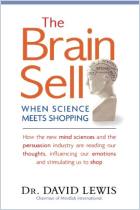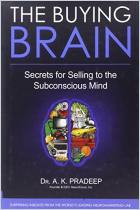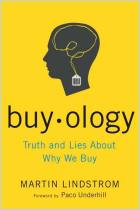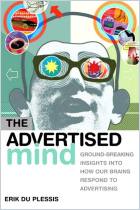
The Branded Mind
What Neuroscience Really Tells Us About the Puzzle of the Brain and the Brand
Recommendation
In 2005, marketing expert Erik du Plessis published The Advertised Mind, an approachable synthesis of neuroscience and marketing that explained how advertising shapes the brain’s responses and perceptions. In this book, a follow-up that you can understand on its own, du Plessis brings an even more focused treatment to the topic of neuromarketing, including commentary on the debate his earlier work provoked. He breaks his fairly dense material into brief chapters, so you can pick and choose according to your interests, ranging from cognitive science to branding, with many intriguing stops in between. getAbstract recommends du Plessis’s research, insights and engaging questions to marketing professionals and to readers interested in decision making, advertising, neuroscience and neuromarketing.
Summary
About the Author
Erik du Plessis is chairman of Millward Brown South Africa, a market research firm.

















Comment on this summary or Démarrer une discussion